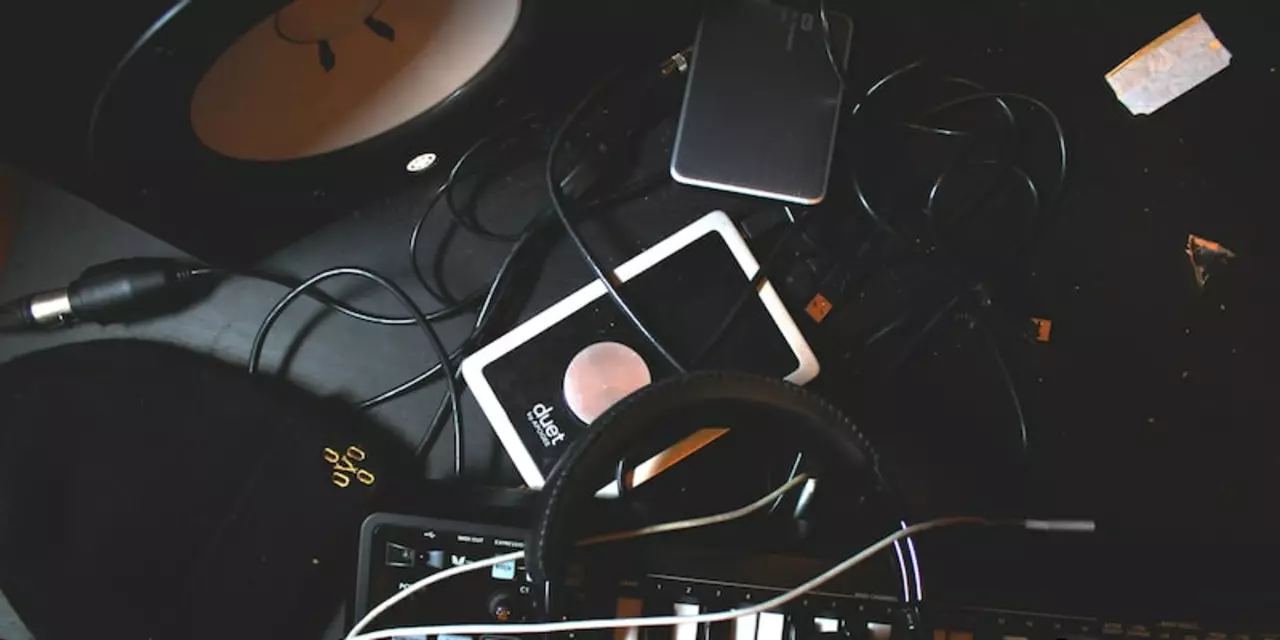Damage in Music: Simple Ways to Keep Your Sound Safe
Ever wondered why a guitar sounds flat after a few months, or why your ears feel sore after a concert? It’s usually a sign of damage. The good news? You can stop it before it gets worse, and you can fix many problems yourself. Let’s break down the easiest ways to protect what you love.
Protecting Your Instruments
Instruments are built to last, but they need care. Keep them away from extreme heat or cold; a sudden change can warp wood or crack plastic. If you gig in a car, use padded cases – a cheap bag won’t stop a bump from turning your violin into a wobble stick.
Regular cleaning is a must. Wipe down strings, keys, and surfaces after each use. For strings, a quick dry wipe removes sweat that causes rust. For brass, a light oil prevents sticky valves. A few minutes a day saves you big repair bills later.
Humidity matters. A hygrometer in your storage room tells you if you’re too dry or too damp. Aim for 45‑55% humidity for wooden instruments. If you’re in a dry climate, a small humidifier inside the case does wonders.
Don’t forget the little things. Tighten loose screws, replace worn pads, and change old strings regularly. Even a tiny screw that’s half‑loose can cause buzzing that hurts your ears and your audience’s ears.
Keeping Your Ears Safe
Music can be loud, and loud music can damage hearing fast. If you’re at a live show, wear low‑profile earplugs. They cut the volume but keep the music clear – you won’t miss the beat.
When you mix or practice with headphones, keep the volume below 85 dB. That’s about the level of a normal conversation. If you can’t hear someone talking at that distance, turn it down.
Take breaks. Ten minutes of quiet after an hour of loud playing gives your ears a chance to recover. It’s like stretching after a run – simple but effective.
If you notice ringing, muffled sound, or trouble hearing high notes, see an audiologist. Early treatment can stop permanent loss.
Remember, protecting your ears also protects your performance. Clear hearing means you can spot mistakes early and fix them on the spot.
Putting these habits into a routine doesn’t take much time. A quick case check before you leave, a few minutes of cleaning, and a habit of ear protection will keep your music sounding fresh for years.
Got a specific problem, like a cracked drum shell or buzzing amps? Search for that issue on our site – we have guides for almost every kind of damage. The right fix is usually only a few steps away.
By staying aware of where damage can happen and acting early, you’ll spend less on repairs and more on making music. Your instruments, your ears, and your listeners will thank you.

Are certain genres of music worse for your hearing?
Are certain genres of music worse for your hearing? Yes, certain genres of music, such as rock and hip-hop, are worse for your hearing than other genres. Exposure to high volumes and frequencies of sound associated with these genres can cause hearing damage, including permanent hearing loss. It is important to always use ear protection when listening to music, especially loud music, to avoid damaging your hearing.
Continue Reading